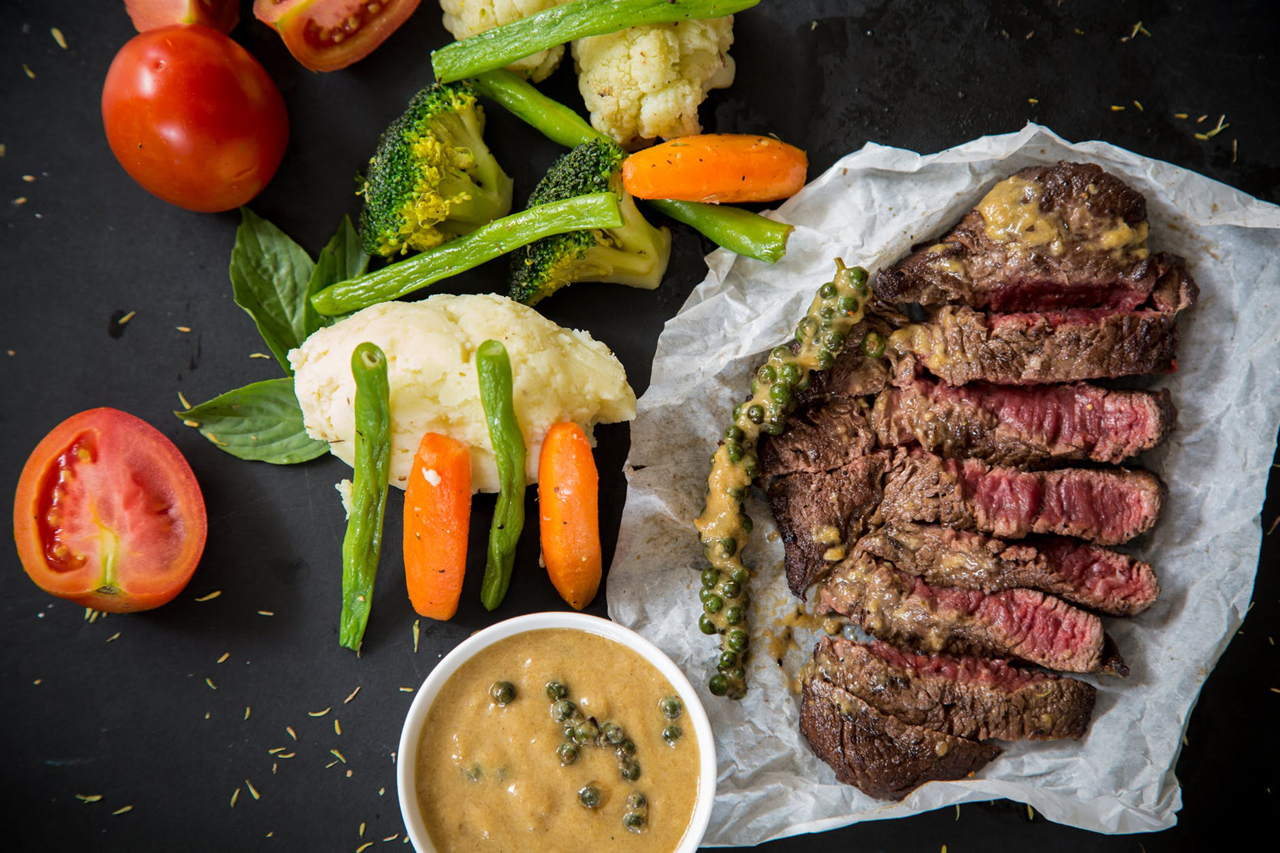
Everyone who is into fitness knows that protein is king. A low protein diet is good for absolutely nothing. Nada.
So how much protein should you be eating to build the physique you want?
Well, that depends on two things.
- What state you currently in or were you are going to be in? Are you bulking, cutting, maintaining? Those states will determine how much protein you should be eating for the best results.
- The overall amount of calories someone is consuming in a single day.
I know you would like a definitive answer “Eat 190g of protein, or just consume 210 grams of protein and you’ll be all set”. But that’s bro-science. I’m here to bring people the best results possible. And for that, it takes a little bit more work on my end and yours.
If you are in a muscle gaining phase, trying to put on a pound of body weight per week: 30% of your calories are going to made up of protein.
If your cutting, trying to shred off that stubborn unwanted body fat while trying to preserve your muscle mass: 35% are going to be sourced from protein.
Or if you’re not in either of those categories, maybe you’re just starting out, just trying to find some ground footwork:
0.8-1 gram of protein per pound of bodyweight.
0.8 if you’re on the heavier husky size of the scale with little muscle mass accrued over time.
1 gram of protein per pound of bodyweight for the opposite spectrum.
Now, what do all those percentages mean and decimal points even mean?
Let’s go through them together.
In this scenario, you want to bulk. You’ve already figured out how many calories you should be consuming in a day to be a caloric surplus to gain a pound per week in bodyweight. If you actually don’t know that vital information read this blog post that I did here. I go into full detail on how to successfully navigate the nitty-gritty of nutrition: Calories & Macros.
In this example, you’re bulking calories are 3,000/per day.
30% allocation for the protein of 3,000 is 900
900 ÷ 4= 225g of protein/per day
(because there are 4 calories for every gram of protein. Smart weight lifters use this to convert calories into grams)
Same idea if your number one goal to drop fat.
Once you have your caloric deficit calories – the opposite of caloric surplus, the number of calories needed to guarantee a pound of fat loss dropped per week; put aside 35% of those calories for protein. Hypothetically speaking, if you are going to diet with 2,100 calories.
35% of 2,100 is 735
735 ÷ 4= 184g if protein/ per day
A question you might be having is: Why is that when someone is bulking only 30% allocation is needed, but when that exact same person is going to be on a cut, 35% is needed?
Losing fat is a bit more complex than trying to gain weight. You need to be more precise and to have a strategy. There are a lot more ‘risks’ involved:
- Your body could cannibalize your muscles and strength as a way to make up for lack of energy support
- Noticeable hunger cravings
- More fatigued and tiredness
And a sure-fire way to combat all these nasty side effects to increase protein intake to 35%. You’re welcome.
The first two examples are for the ones who are a bit further down their journey of fitness. If you’re brand spanking new to fitness and not sure yet if you want to bulk or cut, all you want to find out is how much protein should you be eating today is:
0.8 to 1 gram of protein per pound of bodyweight.
A 225-pound male is going to consume 180g of protein
( 225 x 0.8= 180)
A 165-pound male is going to eat 165g of protein per day.
After reading this article, it’s self-explanatory as to why its not necessarily accurate to spew out a random number of proteins to eat per day. Every category has a different need.
Protein is king, protein is important!
Lions Of Fitness



